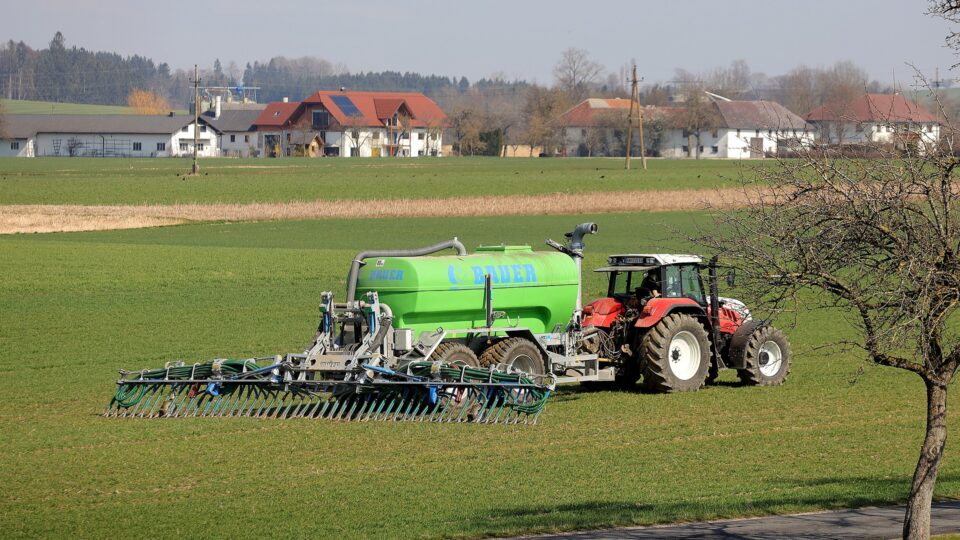The world is facing an unprecedented food crisis, worsened by the Covid-19 pandemic, Russia’s war against Ukraine, and worsening climate conditions. Africa is particularly affected, with 61% of its population experiencing moderate or severe food insecurity in 2022. However, policymakers are once again focusing on increased use of mineral and synthetic fertilizers as a solution, a strategy that has proven ineffective and even detrimental.
This approach originated from the Abuja Declaration on Fertilizer for the Africa Green Revolution in 2006, aiming to boost fertilizer use in Africa. Spearheaded by the Alliance for a Green Revolution in Africa (AGRA), supported by major donors including the Bill and Melinda Gates Foundation, the initiative promoted synthetic fertilizers as a solution to agricultural challenges in Africa. However, this focus has failed to address the complexities of farming in Africa.
Recent assessments in Burkina Faso and Ghana show that providing chemical inputs and high-yield seeds did not lead to increased production or higher incomes for smallholder farmers. Instead, many farmers became more vulnerable and indebted, locked in a cycle of dependency on expensive inputs. Despite being a major consumer of synthetic nitrogen fertilizer, Zambia has not seen a reduction in hunger and malnutrition, highlighting the ineffectiveness of the approach.
Synthetic nitrogen fertilizers disrupt the soil ecosystem, reducing the abundance and diversity of beneficial microorganisms essential for nutrient cycling and plant health. This leads to soil degradation and nutrient depletion, with Africa estimated to lose around 3% of GDP per year due to these issues. Additionally, excessive fertilizer use contributes to environmental problems such as nitrogen pollution and greenhouse gas emissions.
To address these challenges, some chemical companies are promoting “green fertilizers” produced using hydrogen from renewable sources. While this may reduce carbon emissions, it remains energy-intensive and can still cause soil degradation and pollution. The focus should shift towards improving soil health, diversifying cropping systems, and promoting organic fertilizers and legumes.
The Africa Fertilizer and Soil Health Summit in Nairobi should consider longer-term goals to improve soil health and farming resilience, moving away from the simplistic promotion of synthetic fertilizers. Only then can we address the root causes of hunger and malnutrition in Africa and globally.


